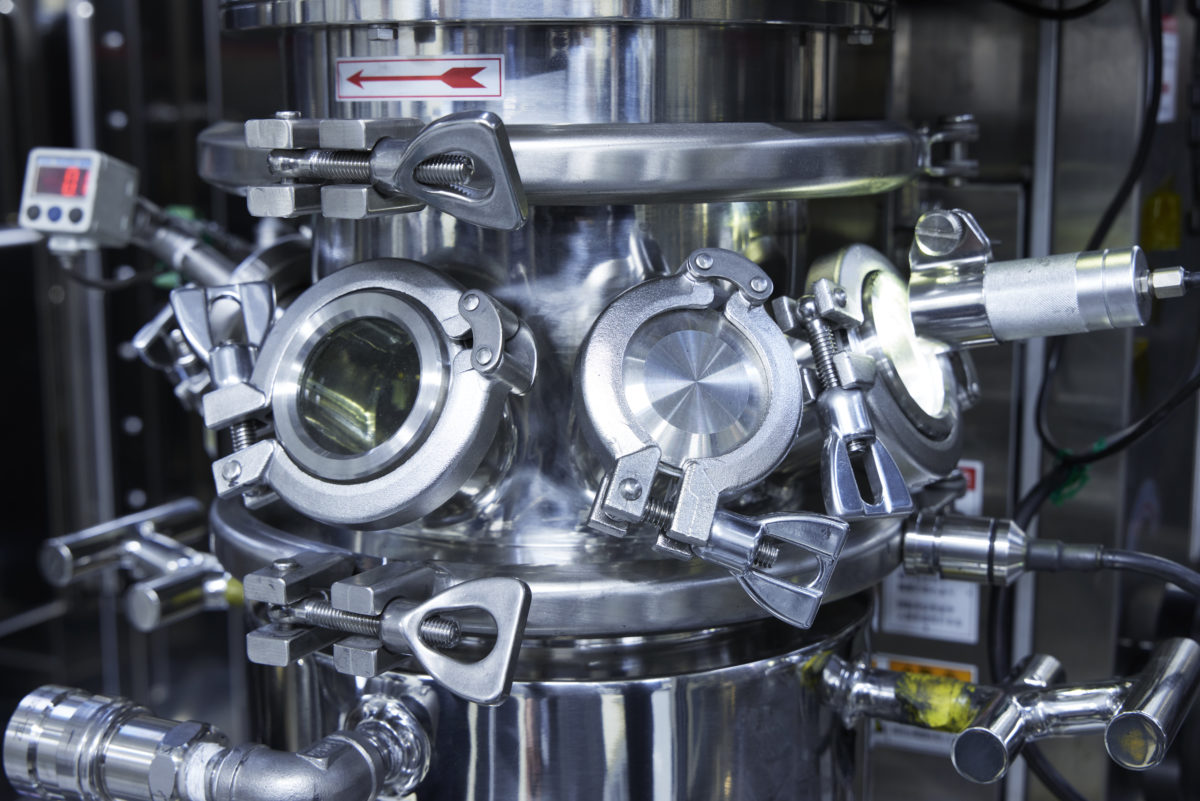Nissan has unveiled its prototype production facility for laminated all-solid-state battery cells. The site is located inside the Nissan Research Center in Kanagawa Prefecture, Japan where it will play a crucial role in the development of this type of technology. As part of its Ambition 2030 plan, Nissan aims to launch a battery-electric vehicle equipped with a solid-state battery developed in-house by 2028. Its plant in Yokohama will serve as the pilot production location, which is expected to start in 2024.
“Nissan has been a leader in electrification technology through a wide range of R&D activities, from molecular-level battery material research to the development of safe high-performance EVs,” said Kunio Nakaguro, Executive Vice President of Research and Development at Nissan. “Our initiatives even include city development using EVs as storage batteries.” Nakaguro also noted that the company’s experience supports its efforts in developing solid-state batteries and helped it accumulate important technologies. Going forward, manufacturing and R&D will continue working together, using the prototype production facility to accelerate the development of solid-state batteries.
The prototype production facility for solid-state batteries sees researchers explore the different materials and their behavior when interacting together at the molecular level. From there, battery prototypes are hand-built and then tested by engineers on the production line to ensure they meet Nissan’s high safety and quality standards. Electric motors and inverters are also developed alongside batteries. Engineers also crash-test the vehicles to see analyze passenger and battery protection. These go hand-in-hand with Nissan’s durability and extreme weather testing in different environments and roads, and comfort and performance evaluations.
Ambition 2030 will see Nissan add 23 electrified vehicles across its global lineup, eight of them are hybrids while the rest are full BEVs. The first of the latter is the Ariya, which goes on sale in the U.S. late this year as a 2023 model. At least one of the new BEVs is the production version of the Chill-Out Concept, a subcompact crossover that will become the third-generation Leaf. Nissan also previewed three other concept cars that could be part of the electrification push, they include a smaller city-sized crossover, a compact truck, and a convertible sports car. The all-electric pickup could be the model that slots below the Frontier while the droptop previews the next evolution of Nissan’s performance models. In Europe, Nissan will introduce the BEV successor to the Micra underpinned by the new CMF-BEV architecture. For North America, at least two BEVs will be made at the Canton, Mississippi plant, one for Nissan–likely the third-generation Leaf–and another for Infiniti.
On the hybrid front, Europe and Asia appear to be getting the most love because they’re getting the bulk of it, The Qashqai e-Power marks the first time Nissan’s series hybrid setup has been sold outside of Asia and it will be joined by the larger X-Trail e-Power (Rogue in North America). In Asia, the Note hatchback is sold exclusively with the e-Power system while the Kicks is available with it in select countries. Europe, on the other hand, gets the Juke Hybrid, which debuts a new power-split hybrid system that could likely find its way into the U.S.-spec Rogue coupled to the 1.5-liter VC-Turbo three-cylinder engine.
